Black Rhodium is a long-established UK cable company, headed up by industry veteran, Graham Nalty. A wide range of prices allow an equally diverse choice of cable construction technology as well as compone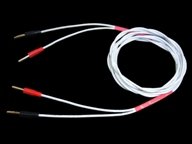 nt materials and quality. The upper echelons of the Black Rhodium cable range feature “deep cryogenically treated” (DCT) conductors and unusual conductor materials including silver (OK, that’s not so unusual) and palladium (which is not often encountered). Rhodium plating on the connectors is also used in the higher price bracket.
nt materials and quality. The upper echelons of the Black Rhodium cable range feature “deep cryogenically treated” (DCT) conductors and unusual conductor materials including silver (OK, that’s not so unusual) and palladium (which is not often encountered). Rhodium plating on the connectors is also used in the higher price bracket.
The subject of this review, though, is rather more humble in its aspirations. The “Twist” speaker cable is a new introduction and trickles down some of the benefits claimed for its more exalted (and costly) siblings, specifically the top of the range Ninja. So DCT and heavy gauge wire are sacrificed for economy, and the conductor wire is tinned copper.
As its name implies, the two legs of the Twist cable (for positive and negative) are gently twisted along its length, so reducing its susceptibility to radio frequency interference (RFI). The cable uses insulation of twice the thickness of other cables in the Black Rhodium range, so increasing the spacing between the +ve and -ve conductors, which is claimed to have sound quality benefits. And, interestingly to my mind, the +ve and -ve cores are connected in opposite directions – decreases in the perceived noise floor are claimed for this. Interesting, indeed! Somewhat strangely, the cable is said to be directional – even with each leg going in different directions! Hmm, OK.
24×0.2mm (19 gauge) tinned copper strands are used, and the insulation is silicone rubber type GPC. The outside diameter of each cable being 3.2mm
The current pricing is £71 for a terminated 3m pair, so the Twist is definitely of the non-stratospheric persuasion.
Construction
I was supplied with a 3m single-wire pair of the Twist speaker cables for review.
The 4mm banana plugs used are pretty basic, with screw-on connections holding the cable in place. Cheap and cheerful? Yes, but they did their job, and at the price point I have no argument with that!
The cables are slender and flexible, I can’t imagine a problem tucking these discreetly away behind shelving and equipment racks.
Sound Quality
The initial impression was of an open and quite clear delivery, with excellent bass weight. In fact, I was impressed with the heft and room-filling ability of the lower frequencies from the off.
Settling down for longer listening sessions, though, certainly raised some issues. Regardless of musical genre there is a fair bit of forwardness and grain to the upper mids and treble. Everything showed it up really; voice and violins and electric guitars. You name it, there was an unnatural and, I’m sorry to say, rather unpleasant ‘grainy edge’ to the sound using the Twist cables.
Imaging was of the immersive rather than the explicit variety, with a fair amount of smearing and lack of focus. As an example, with the superb series of solo lute sonatas by Silvius Weiss on Naxos CDs, the very natural imaging of solo plucked stringed instrument recorded in a small and slightly reverberant acoustic space was reduced to a vague unfocussed blob with the Twist cables. Also, the superb lutenist, Robert Barto no longer seemed able to keep up with the notes, his previously fluid and precise playing now kind of stumbled over itself – the resolution available through the Twist cables simply wasn’t sufficient to delineate the rapid series of string transients properly.
Moving on to Melvin Taylor and the Slack Band, my fave bluesy sounds. What a fabulous guitarist Taylor is! Again the Twists allowed nice bass weight to come through, although not with the last word in deep bass definition. Resolution improved into the mid and upper bass range. But once again, grainy vocals and guitar sounds interfered with my listening pleasure, and cymbals were distinctly splashy. There was a definite lack of fluidity in Taylor’s previously immaculate guitar work as well.
Similar sonic traits were heard with many other musical examples.
Comparisons
Whoa! – hang on, Jerry! Aren’t you getting a bit carried away with yourself here? A terminated 3m pair of this cable retails at a tad over £70 – and here’s you sticking the bargain-priced Twists into a multi-£k audio system – is that fair?
Well, yes, I’m afraid it is – although perhaps with systems more in line with its costs the Twist’s poor showing might not be so evident.
But I had another 3 pairs of cables on hand to directly compare the Twist with – Acoustic Zen Satori; high end beasts retailing at something like £700 for an 8 foot pair, Belkin speaker cables readily obtainable new for around £20 for a 12 foot pair, and Talk 3 cables at around £65 for a 3m pair.
I’m afraid that, to my ears, they all showed the Black Rhodium Twist cables the door. And in no uncertain terms.
So, I’m afraid I cannot recommend the Twist cables – although using them as bass frequency conductors in a bi-wire setup may be worth investigating as that was easily the best aspect of their performance.
Author – Jerry
Want to read more hifi reviews?


















































































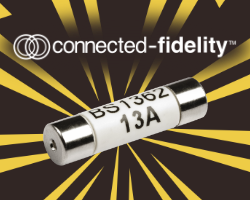

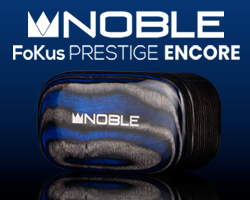

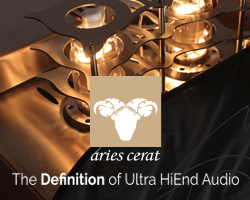







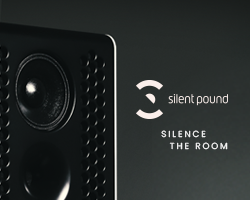
















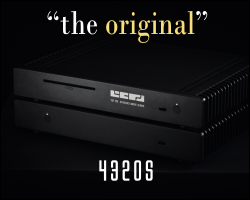
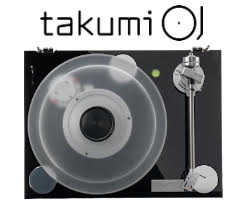





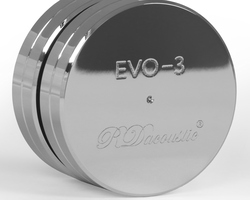
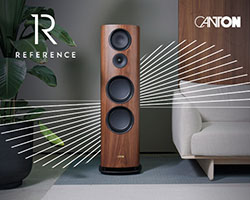











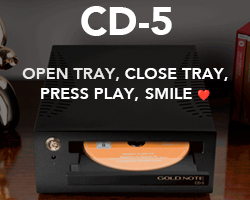


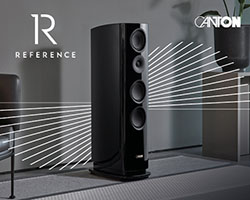









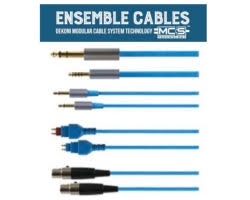


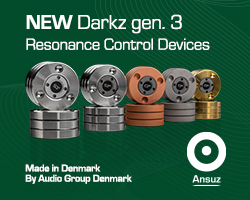




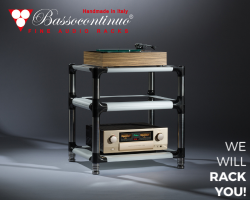





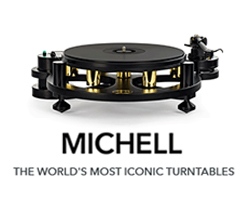























































You must be logged in to leave a reply.